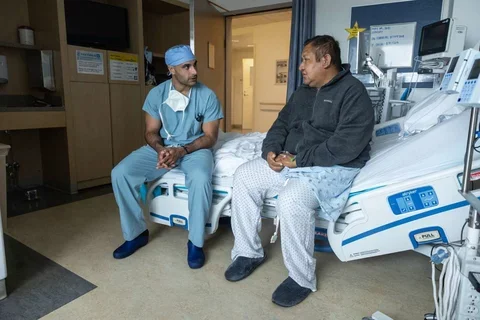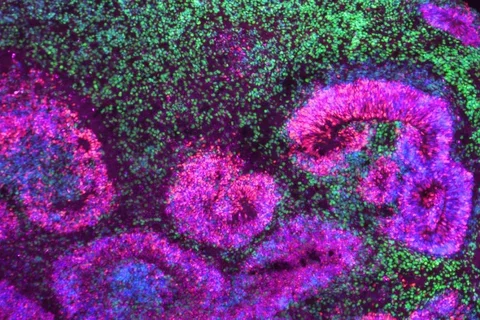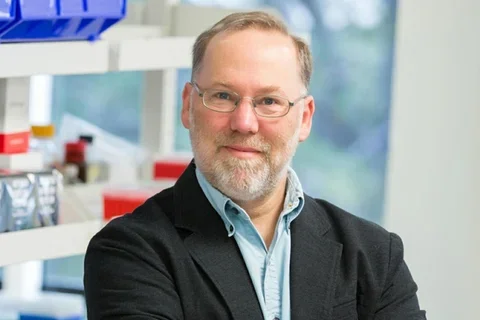UCLA Medical School
At the David Geffen School of Medicine at UCLA, Ground-Breaking Discoveries and Treatment are Just Steps Apart
The Student Experience
Research
Our Learning Culture
A Legacy Defined by Discovery

A UCLA Health team has performed the first human bladder transplant
Learn About This Breakthrough
Crowdsourcing the Brain
Read About the UCLA Study“It turns out SSRIs don’t just make our brains happier; they also make our T cells happier — even while they’re fighting tumors. These drugs have been widely and safely used to treat depression for decades, so repurposing them for cancer would be a lot easier than developing an entirely new therapy.”
Latest News

UCLA alumnus Fred Ramsdell wins 2025 Nobel Prize in physiology or medicine
UCLA alumnus Fred Ramsdell wins 2025 Nobel Prize in physiology or medicine



